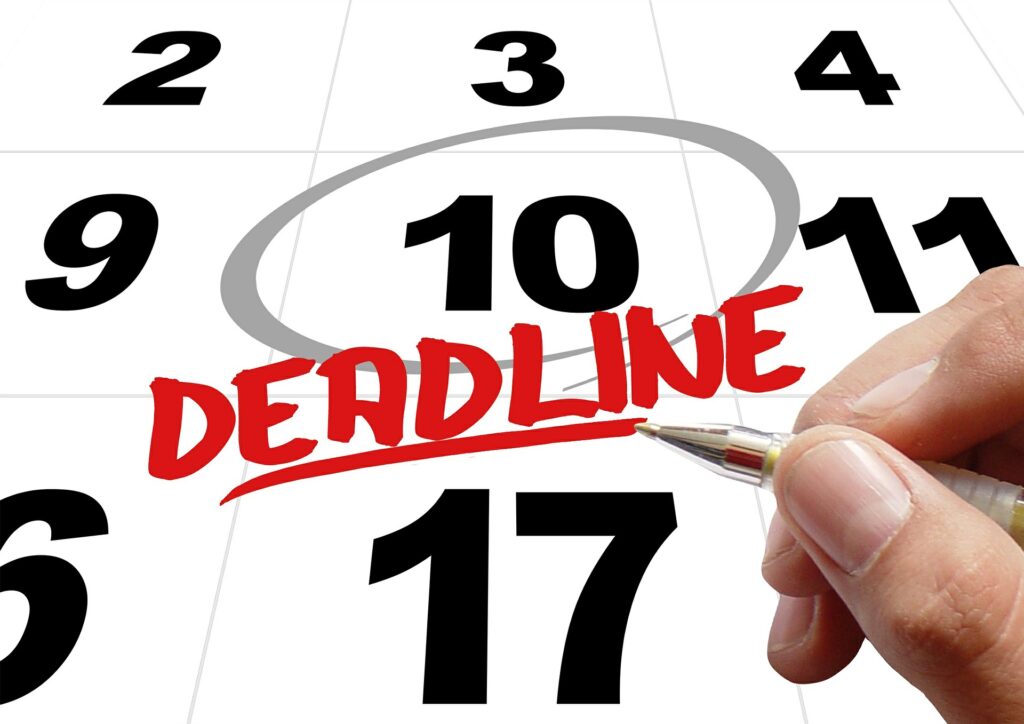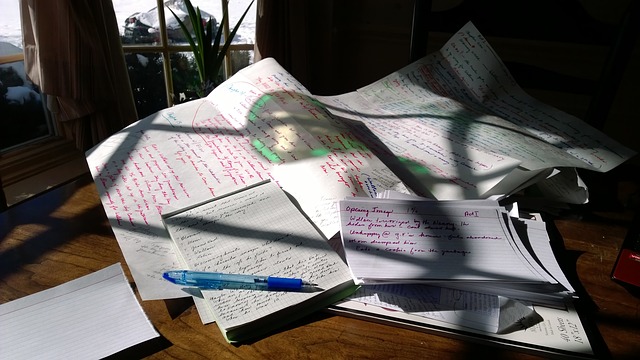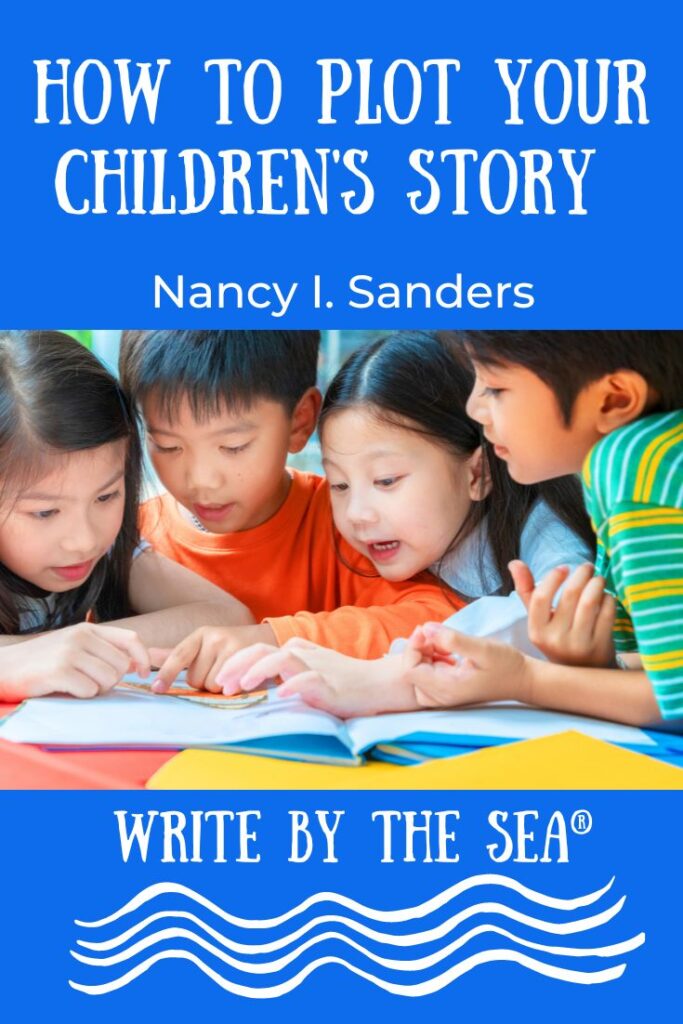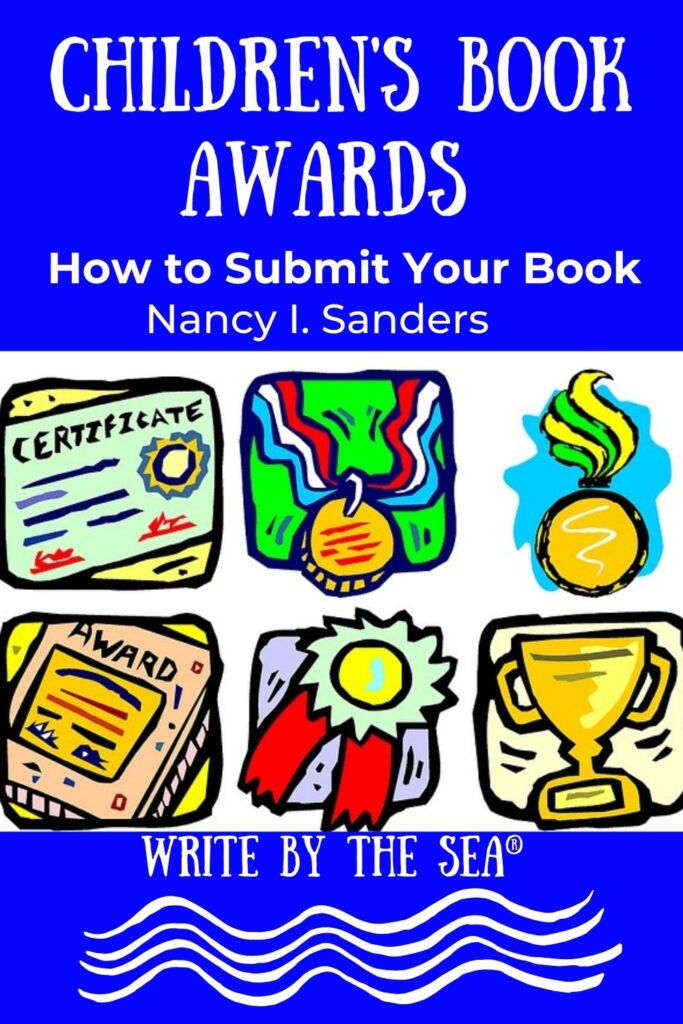by Nancy I. Sanders, Contributing Editor

Writing for a deadline takes many different shapes and forms for many different people.
For me, I’ve learned how I work with that date marked in red on my calendar.
I have very definitive seasons!
It all starts when I get an idea for a book.
When I wrote Hello Hi-Lo: Readers Theatre Math, a book of readers theatre plays for middle grade math students, I originally got the idea at BEA, (Book Expo America) when it was in Los Angeles two years earlier.
My husband, Jeff, and I went there and met our fantastic editor for the release of our book Readers Theatre for African American History.
As we visited, I asked her if there was any new type of book she was looking for. (That’s always a great conversation starter with most editors!)
She was ready with an instant answer!
So I went home and worked on an idea for awhile and finally pitched a query for this middle grade math book of readers theatre plays.
My editor liked it so I submitted a proposal, it was accepted, and in June, 2009 I signed the contract with a December 30 deadline.
And so the deadline began as it always begins.
Exciting! Fun! Whoopie!
During the summer (I usually don’t write much in the summers ’cause I take them off since Jeff is a teacher) I gathered material.
Then in September, the race was on!
THE START:
For about two months, I had so much fun exploring math books, developing crazy and wacky ideas for fourth through eight graders to have FUN learning about math, and working steadily on my book.
In the first season, I always have a blast working on my deadline.
THE MIDDLE:
Then the doldrums set in.
This always happens to me in the middle season of a book deadline.
Suddenly I couldn’t think of any fresh, new ideas.
I wasn’t interested in junior high math any more or junior high jokes.
I avoided working on my deadline and had to force myself to get back to it.
THE FINISH LINE:
And suddenly, with panic, I realized I better get to my deadline or I wouldn’t finish on time.
I call this the crunch mode.
Suddenly, I FOCUSED.
The excitement and thrill came back.
I could see the finish line up ahead.
A book!
I was almost done writing a brand new book!
And a publisher was eagerly awaiting my submission!
Yahoo!!!
What fun this was to work on this manuscript even though it was hard!
But guess what?
In the middle of all that, I contacted an editor I know about the possibility of writing a new book for an idea I have.
“Are you crazy?” you might ask.
Wasn’t I in the middle of a huge, overwhelming book contract that would take me a couple more months to write?
Didn’t I have a historical MG novel to write after that, too?
Yes.
But by the end of the year, both those manuscripts would be written.
Done.
I wanted to have a contract for a new book to start working on.
And so I e-mailed an editor.
If she wasn’t interested, I planned to e-mail another editor with a different idea to fit her publishing house.
One I may never have worked with before.
I planned to keep contacting editors until one sent me a contract.
And then I scheduled the deadline for sometime next year.
To establish a successful writing career, it takes planning for future deadlines while you’re working on current projects.
So go ahead.
Are you working on a current project?
That’s great!
But plan ahead.
Look through your writer’s market guide and find a publisher who invites you to contact them by e-mail.
E-mail the editor and ask if she’d be interested in seeing a proposal for a topic that would dovetail with her product line.
If she doesn’t respond within a couple of weeks, e-mail a different editor with a different idea that would suit her list.
Plan ahead…and contact an editor today!
These are the joys of being a writer!
About Nancy I. Sanders


-For more information and tips and techniques on how to contact editors and work on deadlines, get Nancy’s how-to book for children’s writers, Yes! You Can Learn How to Write Children’s Books, Get Them Published, and Build a Successful Writing Career at http://yesyoucanlearn.wordpress.com





